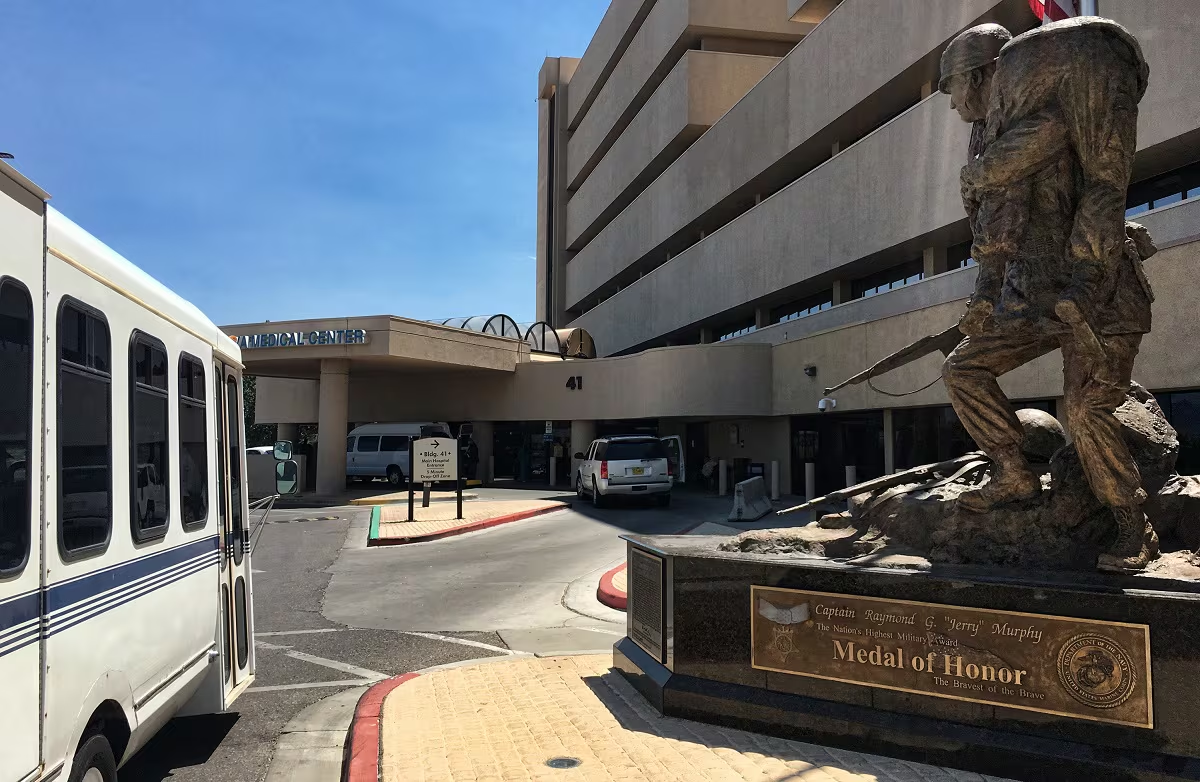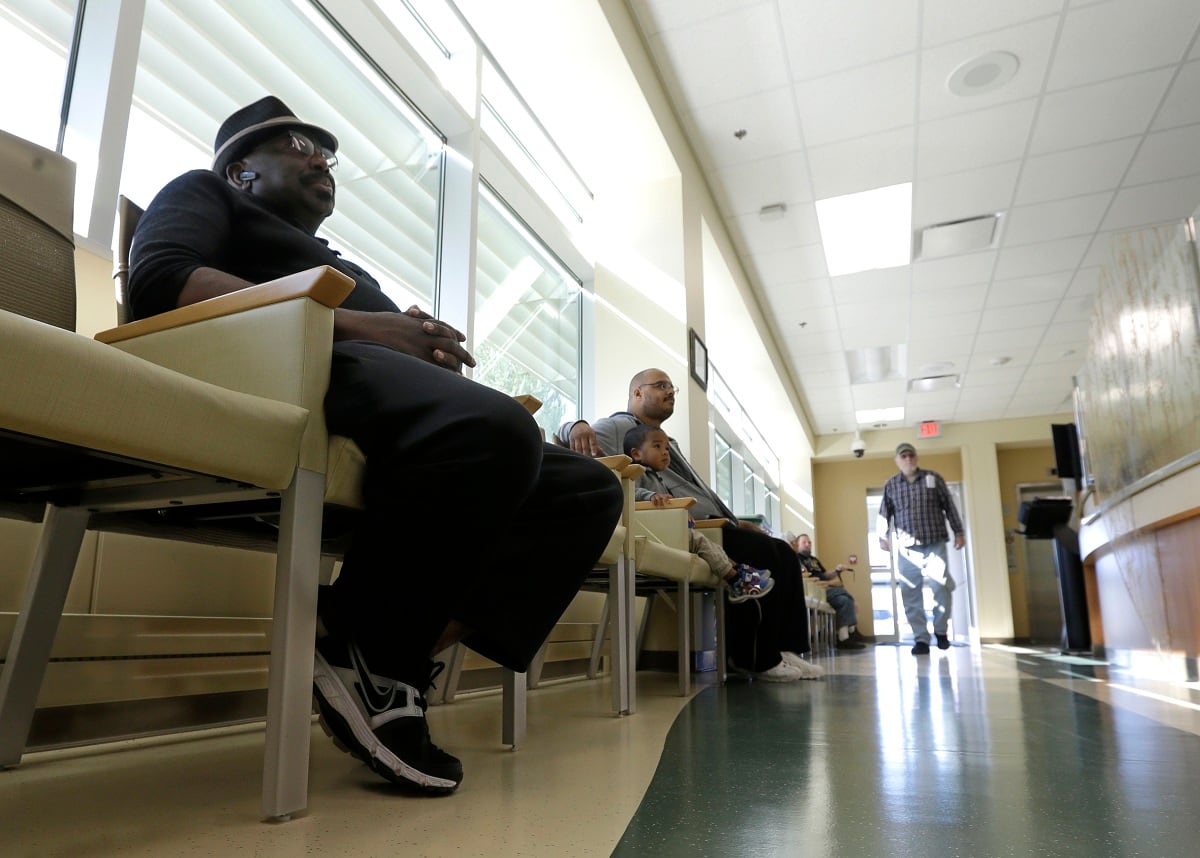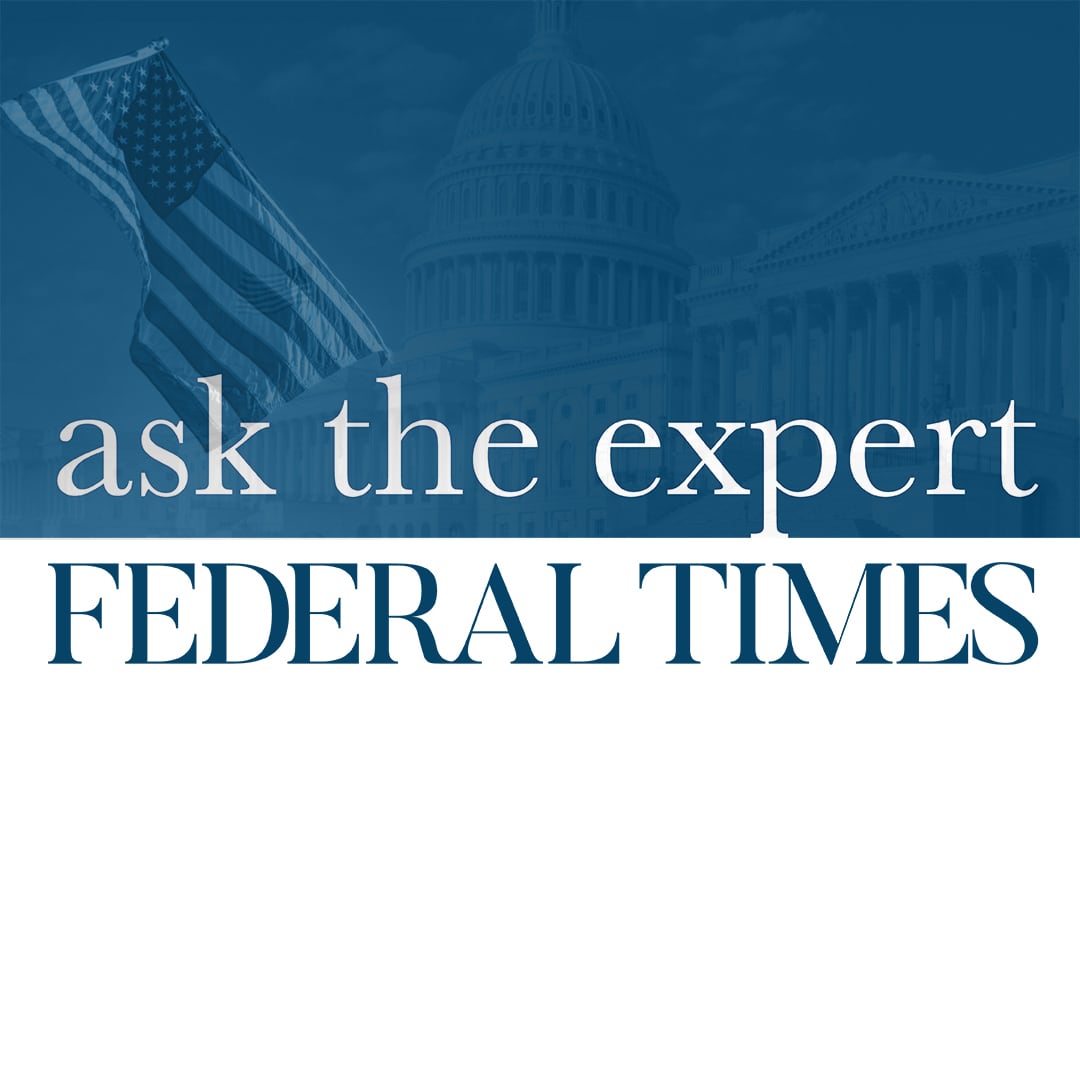WASHINGTON — Department of Veterans Affairs officials have less than six months to put in place sweeping new rules governing how and when veterans can get taxpayer-funded medical care in their community.
Lawmakers are worried that they still don’t have a clear picture of what they’ll look like.
“The Mission Act — we passed it with the best of intentions, but it could be a train wreck. too,” Senate Veterans’ Affairs Committee ranking member Jon Tester, D-Mont., told VA Secretary Robert Wilkie during a hearing on the issue Wednesday. “It is in your lap."
The new community care rules, mandated under legislation signed by President Donald Trump last summer, are poised to be the primary focus of veterans policy by lawmakers for months to come.
RELATED

For months, VA planners have been drafting the new rules largely out of sight with limited input from veterans groups and members of Congress, raising concerns among those groups about how far the rules will go in pushing health care funding from the federal system and into private-sector medical offices.
On Wednesday, VA Secretary Robert Wilkie worked to calm some of those fears in the last major veterans policy hearing of the year, just a few weeks before Democrats take over control of the House. He repeated his promises that the changes will help revolutionize veterans care by expanding access and flexibility, but not lead to privatizing large swaths of VA responsibilities.
“VA will be the central node, no matter what that veteran decides to do,” he said.
But several Democrats on the Senate and House Veterans’ Affairs committees expressed concerns that initial drafts of the rules are being written so broadly they could allow near unfettered access to private care for veterans, a plan which they say could lead to rising costs and questionable quality of care.
Incoming House committee chairman Mark Takano, D-Calif., pushed Wilkie to promise a full briefing on the new rules details before any large-scale public announcements, including a rumored inclusion in Trump’s State of the Union speech. But Wilkie rebuffed the commitment, saying that Trump must give the final OK on the plans.
The president has made expanding veterans’ private-sector care choices a key talking point in speeches over the last six months, sometimes incorrectly claiming that veterans already have a new set of rules governing those requests.
The Mission Act — passed with significant bipartisan support — requires VA to consolidate its multiple community care programs into a single, more comprehensive system to simplify payment rules and veterans’ experience. Wilkie said the new system will be in place by June 2019, as mandated under the law.
Currently, about 30 percent of all VA medical appointments are handled by physicians outside the VA system. Wilkie said he is using the Defense Department’s Tricare standards for outside care as “a guiding principle” for the new work, moving away from current rigid geographic and wait-time rules.
“It is critical that we deliver a transformed VA health care system that puts veterans at the center of everything we do,” he told lawmakers.
RELATED

Committee members from both parties said they be closely watching. Republican members expressed concerns that without established outside care networks and flexible rules, the new program will be as overly bureaucratic as existing ones. Democrats questioned whether VA will retain enough oversight if the rules are too loose.
Takano told Wilkie to expect more hearings on the issue in the months to come. Wilkie said he is committed to open communication on the issue, both with Congress and the veterans groups voicing concerns.
Leo covers Congress, Veterans Affairs and the White House for Military Times. He has covered Washington, D.C. since 2004, focusing on military personnel and veterans policies. His work has earned numerous honors, including a 2009 Polk award, a 2010 National Headliner Award, the IAVA Leadership in Journalism award and the VFW News Media award.










